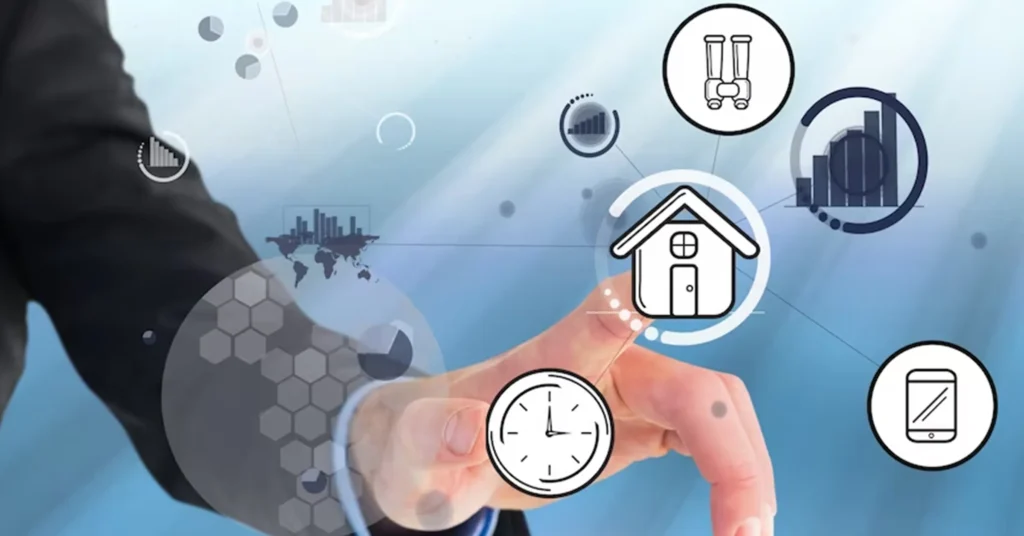The use of technology is becoming increasingly important in the dynamic realm of property management, where efficient organization, seamless communication, and customer satisfaction are paramount. Customer relationship management (CRM) technologies have become essential resources for property management professionals, enabling them to improve tenant interactions, streamline operations, and spur growth. In this blog, we examine the four main advantages of a CRM system for property management, illuminating the ways in which technology is transforming the market.
Enhanced Customer Engagement and Personalization
Relationships are the foundation of property management, including those with tenants, property owners, and service suppliers. A CRM system offers a 360-degree view of each customer by serving as a central center for all interactions and communications. Property managers can build personalized experiences that appeal to their clients by compiling information on tenant preferences, previous interactions, and lease histories.
Imagine a scenario where a tenant reaches out with a maintenance request. When property managers have a CRM system in place, they can quickly retrieve the tenant’s history, address them by name, learn about their preferences, and offer quick answers. This degree of personalization encourages trust and strengthens tenant loyalty, which eventually results in higher retention rates.
Efficient Workflow and Task Automation
There are many activities involved in managing properties, from lease agreements and rent collecting to maintenance requests and communication management. Property managers may say goodbye to the disarray of spreadsheets and paper records with a CRM solution. Automated workflows make procedures more efficient and guarantee that activities are completed on time and without the chance of mistakes or oversights.
For instance, the CRM system can automatically send messages to both the renter and the property owner when a lease is about to expire, triggering the relevant measures. Similar to service requests, maintenance requests can be entered into the system, assigned to the appropriate staff, and tracked, speeding up response times and improving overall tenant satisfaction. This automation reduces the likelihood that important chores would be overlooked while also saving time and resources.
Data-Driven Decision Making
Data is king in today’s property management world. CRM systems record a lot of data, including metrics for property performance as well as tenant profiles and lease histories. Property managers can make wise decisions based on current information by utilizing this data.
For instance, property managers can examine tenant comments to spot trends and opportunities for development. If numerous renters repeatedly complain about poor illumination in communal spaces, the property manager can improve lighting fixtures based on data-driven decisions, improving the overall tenant experience. Additionally, property managers can more efficiently allocate budgets and guarantee that resources are used by documenting the histories and costs of property maintenance.
Streamlined Communication and Collaboration
Effective property management is built on a foundation of open and regular communication. However, it can be difficult to keep constant communication when there are so many parties involved, including tenants, property owners, and contractors. A CRM system serves as a focal point for communication, focusing on all exchanges and making sure everyone is on the same page.
Tenants can receive automated alerts from property managers about forthcoming activities, scheduled maintenance, and other property-related information. The availability of real-time reports on financial performance and property performance for property owners further promotes transparency and confidence. Additionally, the ability to communicate tasks, notes, and updates within the CRM system eliminates the need for protracted email chains and manual handoffs, making collaboration amongst property management teams more effective.
Conclusion
In the constantly changing world of property management, adopting innovation is now a requirement rather than an option. Powerful tools like CRM systems are changing how properties are managed, relationships are fostered, and organizations grow. The advantages of CRM systems in property management are apparent, ranging from improving client interaction through personalization to automating procedures, enabling data-driven decisions, and streamlining communication. As property managers continue to seek efficient, customer-centric solutions, the adoption of CRM systems stands as a pivotal step toward future success.

